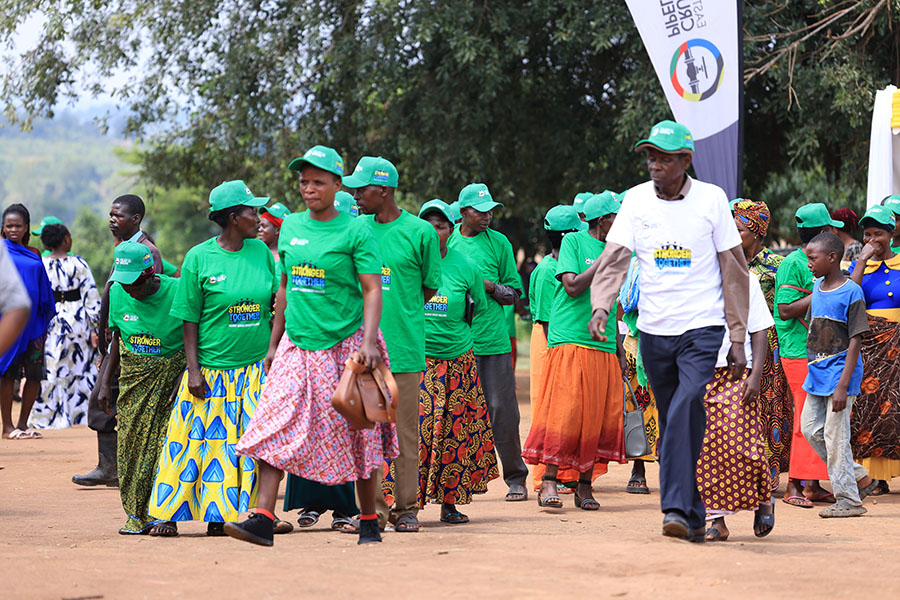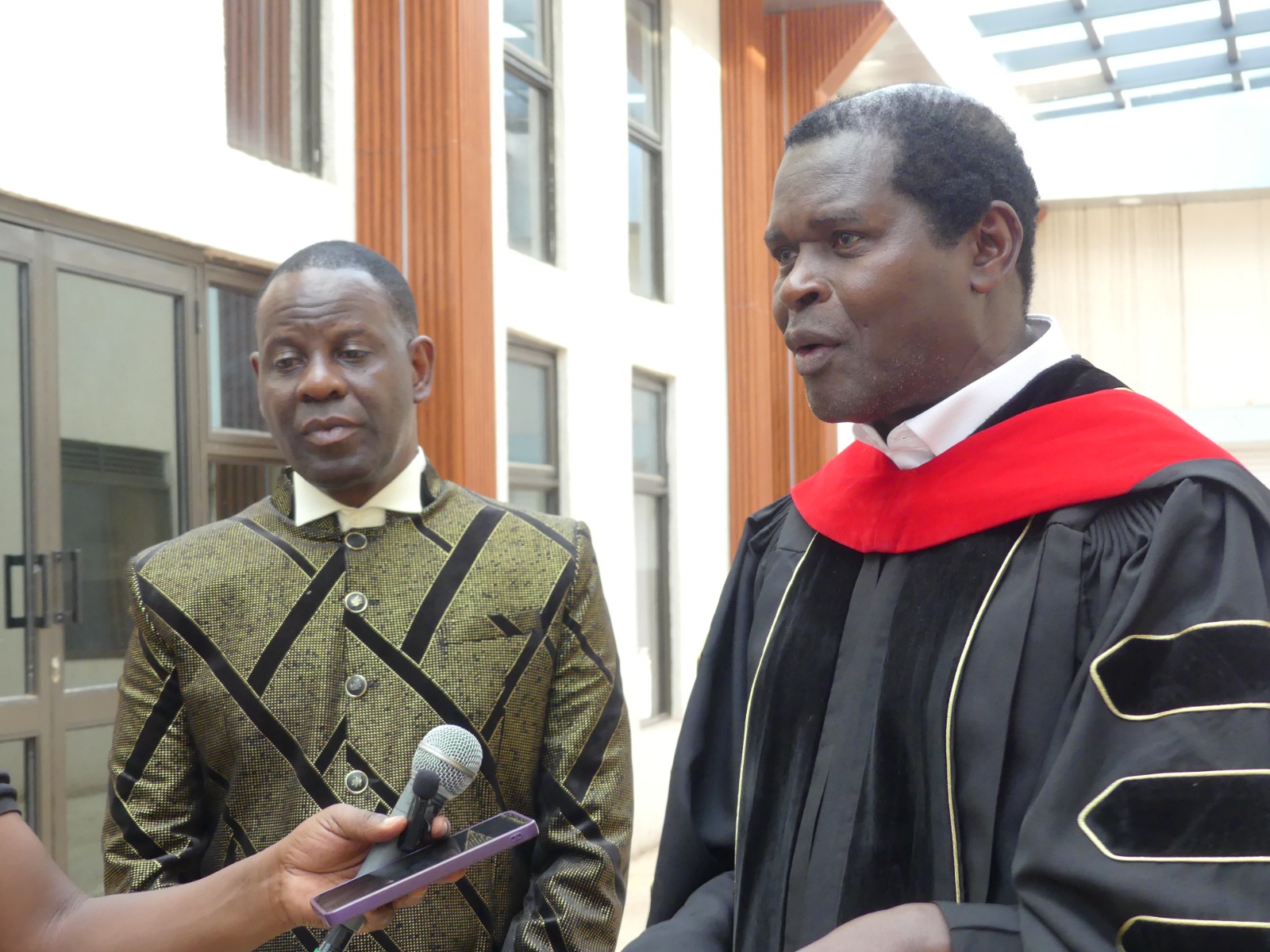The East African Crude Oil Pipeline (EACOP) has launched a campaign to prevent Gender-Based Violence and harassment and address Sexual and Reproductive Health (SRHR) risks, reinforcing its commitment to safeguarding the wellbeing of communities along the pipeline route.
Together with its implementing partner, Health Promotion International (HPI), EACOP recently conducted a Gender-Based Violence and SRHR study across five districts in Uganda.
The findings confirmed that GBV slows progress and is largely driven by poverty, cultural norms, and practices such as polygamy, with women and children being the most affected.
Building on these insights, the campaign seeks to improve knowledge and attitudes, foster safe and inclusive workplaces and communities, strengthen reporting and referral pathways, and empower local leaders and peer champions to drive sustainable change.
As part of the launch, EACOP rolled out a series of community-centered activities designed to combine education, dialogue, and service delivery.
These included:
- Community Theatre Performances: Using edutainment and real-life scenarios to spark conversations around GBV, SRHR, and community safety norms.
- IEC Materials Dissemination: Posters and flyers in Runyoro, Runyankole, and English to raise awareness and spread key messages widely.
- Mobile Health Services Booths: Offering onsite counselling and SRHR services through local health providers. The services provided included vitals checks (blood pressure, stethoscope, etc.), Hepatitis B screening, UTIs screening and treatment, HIV testing, condom distribution, family planning services, malaria screening, TB screening, and
diabetes screening. - Dialogue and Counselling Sessions: Facilitating safe spaces for communities to openly discuss GBV and SRHR issues
- Gender Based Violence Legal Support and Referrals: Providing guidance and referral pathways for survivors to access justice and professional support.
Speaking at the launch, EACOP Social Performance Manager, Rosie Birungi emphasized the company’s commitment.
“This campaign is a strategic intervention to build safe, informed, and empowered workplaces and communities. Through strong partnerships and robust stakeholder engagement, we are catalyzing positive social change and ensuring that all project-affected persons—regardless of gender or status—are protected and benefit equitably from the project,” she said.
The campaign directly contributes to the United Nations Sustainable Development Goals, particularly SDG 5 on Gender Equality and SDG 3 on Good Health and Well-being, while supporting Uganda’s National Development Plan III (NDPIII) 2020–2025, which prioritizes health, safety, and human capital development.
The launch event brought together government officials, district leaders, civil society partners, and community representatives.







